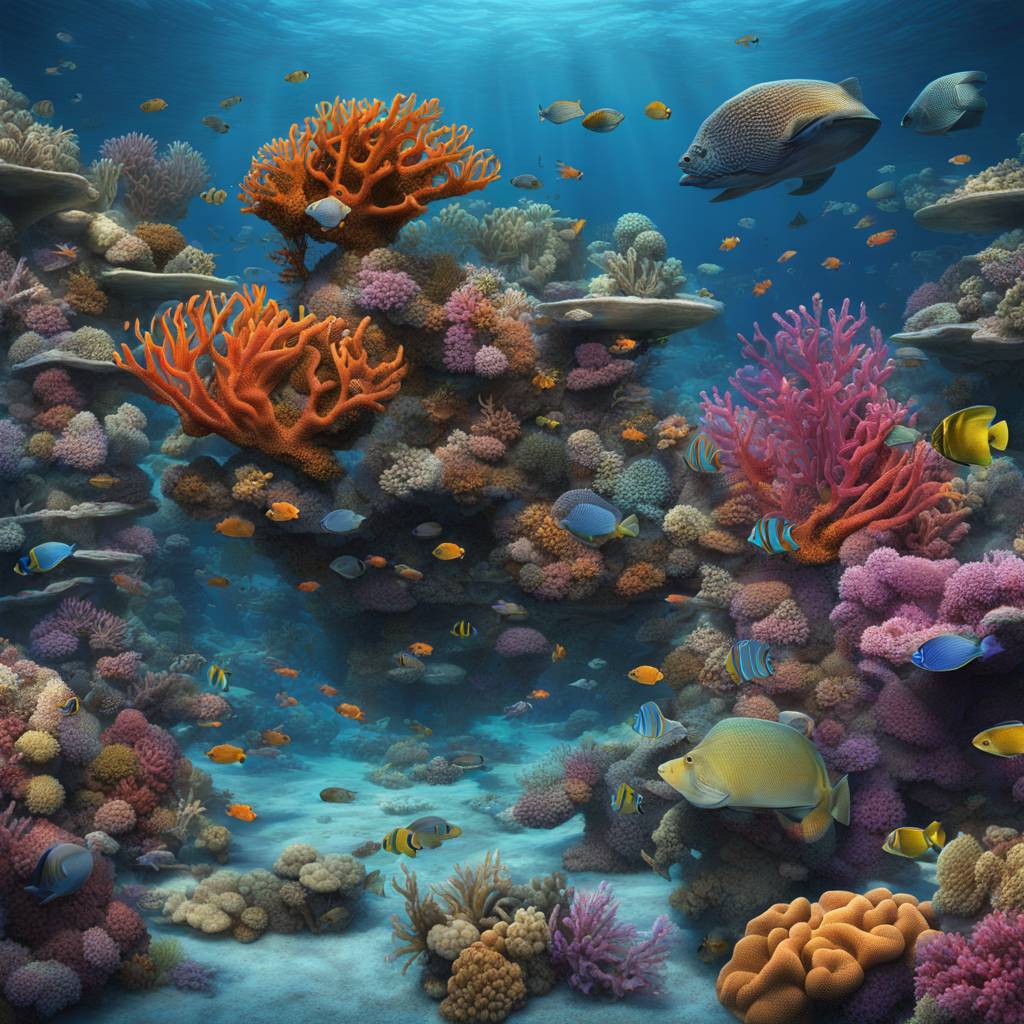The study conducted by Florida Atlantic University researchers and their collaborators focuses on the historical range expansions of coral populations in response to climate change. The Late Holocene-aged subfossil coral death assemblage known as “Pompano Ridge” in Southeast Florida provides key insights into how coral communities have expanded in the past, particularly during regional climate warming over 2,000 years ago. The study compares this historical assemblage with modern reefs in the region to understand how coral populations have evolved over time.
Results of the study show significant differences in coral composition between the Late Holocene and modern reefs, indicating that ongoing environmental stressors are limiting the ability of modern higher latitude reefs to function as refuges for at-risk, temperature-sensitive coral species. While the Late Holocene coral assemblages were dominated by now critically endangered Acropora species, modern reefs are increasingly dominated by stress-tolerant species such as Porites astreoides and Siderastrea siderea due to environmental changes like thermal stress and sedimentation.
Through surveys conducted across the study area, researchers identified 21 unique coral groups and collected live coral abundance data to compare the composition of modern reefs to the Late Holocene assemblages. Subfossil samples dated between 900 and 4,500 years old included well-preserved corals like elkhorn coral, mountainous star coral, and pillar coral, which are now genetically extinct along the Florida reef tract due to disease outbreaks.
The research suggests that while Southeast Florida may offer a potential haven for corals affected by climate warming in the tropics, the range expansions observed in the past are unlikely to occur without direct human intervention. The decline of source populations and additional anthropogenic stressors are hindering natural expansion, necessitating more aggressive conservation strategies like assisted migration.
The Late Holocene record from Pompano Ridge serves as a foundation for identifying critical climate refuges for corals in the future and developing restoration and management strategies to ensure the long-term sustainability of coral communities. However, the effects of climate change remain a significant obstacle even on higher latitude reefs like those in Southeast Florida. Continued climate warming poses a threat to these restoration efforts, emphasizing the urgent need for action to address environmental challenges.
The study’s co-authors emphasize that the success of restoration activities depends on the rate and magnitude of present-day climate warming. If climate change continues at its current pace, even historically cooler, higher latitude locations like Southeast Florida may become too warm for coral sustainability. Collaboration between researchers, government agencies, and conservation organizations is crucial in developing effective strategies to protect coral reefs and mitigate the impacts of climate change on marine ecosystems.













